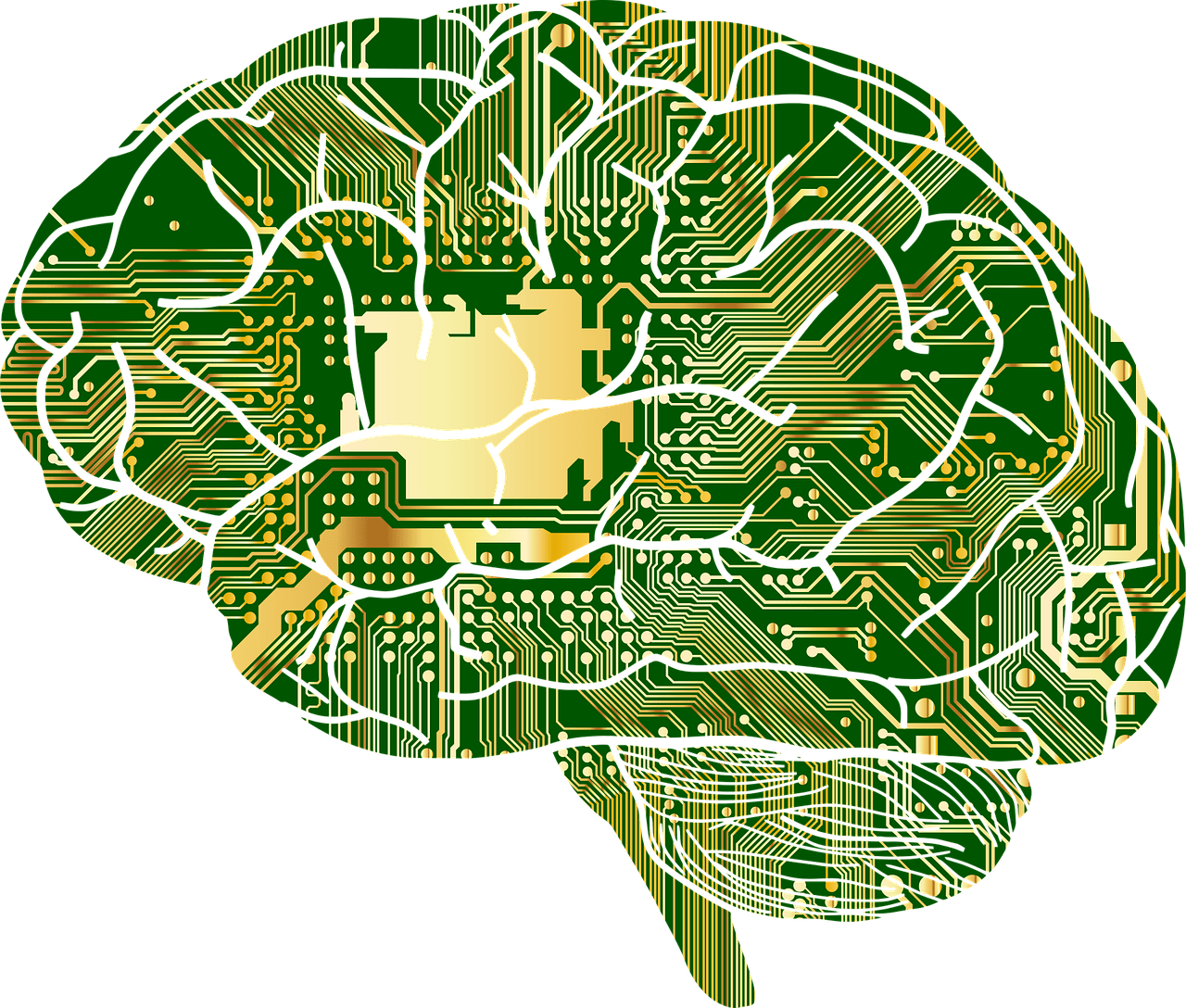Our brains may be using quantum computations. That’s what researchers at Trinity College Dublin think, who believe they see indications to that effect in MRI scans.
The idea that quantum processes play a role in our brains is not new. The brain is made up of billions of nerve cells with numerous interconnections. It is not yet clear how consciousness and human reasoning emerge from this complex system. Some scientists think they can explain the elusiveness of our brains with almost equally elusive quantum mechanics.
The most frequently cited theory of the quantum brain is that of physicist Roger Penrose and anesthetist Stuart Hameroff. They developed a de Orchestrated objective reduction (Orch OR) theory. According to this theory, consciousness is caused by quantum behavior in so-called microtubules (small protein structures in nerve cells of the brain). The last year interest in this controversial theory is growing. But there is also criticism.
READ ALSO
Obesity drugs are not a quick fix
Weaving
Trinity College researchers look at quantum processes in the brain differently. “My idea is that the entire dynamics of the brain is quantum,” the physicist emails Christian Kerskens from Trinity College. ‘This sets me apart from other approaches in the field, where the focus is on very specific mechanisms or locations in the brain.’ Like the Orch OR theory where quantum behavior is limited to microtubules. But even in Kerskens’ idea, quantum processes can be part of consciousness and other brain functions.
To study the quantum brain, scientists have studied quantum entanglement. Here two or more particles (or other quantum mechanical objects) are connected in such a way that they share properties. If you measure that one particle is spinning clockwise, you know, for example, that the other is spinning counterclockwise from exactly that moment.
This special bond is always present, no matter how far apart the particles are, and it is always immediate. As soon as you define one particle’s spin as counterclockwise, the other particle immediately knows that it should start spinning clockwise.
Unknown quantum behavior
To find out whether quantum effects occur in the brain, the researchers used an idea that is also used for research quantum gravitya theory that seeks to unite gravity and the quantum world.
“We don’t know what kind of quantum effects play a role in the brain. That means we don’t even know how to design measuring instruments to directly measure those effects,” says Kerskens, “That’s why we’re exploiting the possibility that unknown quantum systems can interact with known quantum systems, such as the spin hydrogen atoms”.
The idea is: if unknown quantum effects are at play in the brain, they can interfere with the rotation of hydrogen atoms. As a result, the spins of hydrogen atoms can become entangled. And this is measurable. If you see intertwined rotations of hydrogen atoms in the brain, this could indicate the presence of unknown quantum effects.
Magnetic resonance measurements
During the day the experiment the researchers looked for interlocking loops of hydrogen atoms in the water in the brain. They did this using a special technique for looking for weaves Magnetic resonance measurements. An MRI scanner measures the spin of hydrogen atoms.
What the researchers saw in the measurements was the electrical signal generated by the heartbeat. This is the well-known signal that is shown on heart rate monitors in the hospital. According to the researchers, this signal cannot, in principle, be measured with an MRI scanner. They think that the spin entanglement of hydrogen atoms makes this electrical signal visible in MRI measurements, which in turn could indicate the existence of unknown quantum effects in the brain.
Quantum Powerful
The MRI measurements are intriguing, but it’s not concrete evidence that anything “quantum” is going on in the brain. For example, the idea that an unknown system is a quantum system because known systems that interact with it are entangled is still new. Whether this is really a good way to identify unknown quantum systems remains to be seen.
Furthermore, the measured signal, which would indicate quantum entanglement, could also have a different origin. The big question now is whether an explanation can be found for the signal in which quantum mechanics doesn’t play a role, Kerskens says. “If this explanation can’t be found, then the brain is quantum.”


